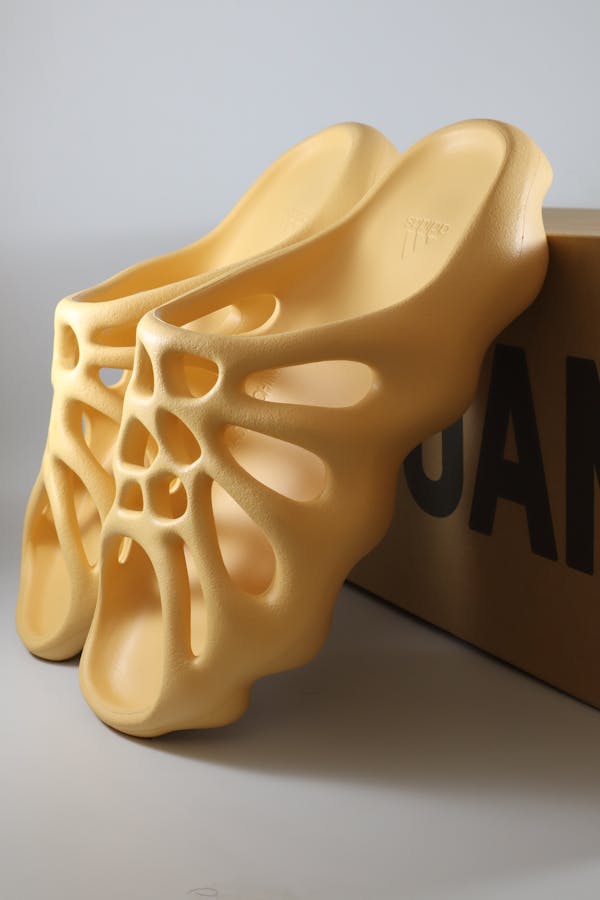

In the ever-evolving landscape of social activism and corporate responsibility, celebrities often find themselves at the intersection of advocacy and controversy. Recently, supermodel Bella Hadid found herself in the spotlight for her involvement in an Adidas campaign that sparked a heated debate. Bella Hadid responds to Adidas campaign controversy: “Antisemitism has no place in the liber/tion of the Palestinian people”, a statement that underscores her commitment to combating both discrimination and injustice.
The controversy began when Adidas launched a campaign featuring Hadid, aimed at promoting their new line of sustainable sportswear. However, the campaign quickly attracted criticism from various quarters, accusing it of inadvertently endorsing antisemitic sentiments. The backlash was swift and intense, with many calling for a boycott of the brand and questioning Hadid’s stance on such sensitive issues.
In the face of this uproar, Bella Hadid took a definitive stand. In a public statement, she articulated her position with clarity and conviction. Bella Hadid responds to Adidas campaign controversy: “Antisemitism has no place in the liberation of the Palestinian people”, a declaration that highlights her belief in the importance of separating the fight for Palestinian rights from any form of hatred or bigotry. Her words resonate deeply in a world where the lines between activism and prejudice can sometimes blur.
Hadid’s statement is significant not just for its content but also for its timing
In an era where social media amplifies every voice, her response serves as a powerful reminder of the need for responsible advocacy. She emphasizes that the struggle for Palestinian liberation should not be tainted by antisemitic rhetoric. This stance is crucial in maintaining the integrity of the movement and ensuring that it remains focused on justice and equality.
The reaction to Hadid’s statement has been mixed, reflecting the complexity of the issue at hand. Many have praised her for taking a clear stand against antisemitism, recognizing the importance of her voice in promoting a more nuanced and respectful discourse. By asserting that “antisemitism has no place in the liberation of the Palestinian people”, Hadid aligns herself with a broader coalition of activists who seek to foster unity and understanding.
Conversely, some critics argue that Hadid’s involvement in the Adidas campaign was inherently problematic, regardless of her subsequent statement. They contend that the initial campaign failed to adequately consider the sensitivities surrounding the Palestinian cause and the potential for misinterpretation. This criticism underscores the challenges that brands and celebrities face in navigating the intricate dynamics of social and political advocacy.
Despite the controversy, Hadid’s response has also opened up a broader conversation about the role of celebrities in activism. Her willingness to address the issue head-on and condemn antisemitism unequivocally sets a precedent for others in the public eye. It demonstrates the power of influential figures to shape public discourse and contribute to meaningful change.
Furthermore, Hadid’s statement has implications for the relationship between corporate entities and social movements. Adidas itself has faced scrutiny over its handling of the situation, with many calling for greater accountability and sensitivity in its marketing strategies. The controversy highlights the need for brands to engage with social issues thoughtfully and authentically, recognizing the potential impact of their campaigns on diverse communities.
Hadid’s declaration also brings to light the intersectionality of social justice causes. By affirming that “antisemitism has no place in the liberation of the Palestinian people”, she acknowledges the interconnectedness of various forms of discrimination. This perspective encourages a more holistic approach to activism, one that recognizes and addresses the multiple dimensions of injustice.
In the wake of Hadid’s response, there is an opportunity for greater dialogue and understanding
Her statement serves as a catalyst for conversations about how to support Palestinian rights without perpetuating harmful stereotypes or prejudices. It invites activists, brands, and the public to reflect on their own positions and strive for a more inclusive and respectful advocacy.
Ultimately, Bella Hadid responds to Adidas campaign controversy: “Antisemitism has no place in the liberation of the Palestinian people”, is more than just a statement. It is a call to action, urging all those involved in the fight for justice to do so with integrity and respect for all communities. Hadid’s words remind us that true liberation is rooted in the principles of equality and solidarity, free from the taint of hatred or exclusion.
As the world continues to grapple with complex social and political issues, voices like Hadid’s play a crucial role in guiding the conversation towards a more equitable future. Her stance against antisemitism, coupled with her commitment to Palestinian liberation, sets a powerful example of how advocacy can be both principled and impactful. It is a testament to the potential for individuals and brands alike to contribute to positive change, fostering a world where justice and compassion go hand in hand.
conclusion
In conclusion, Bella Hadid’s response to the Adidas campaign controversy marks a pivotal moment in the ongoing dialogue about social justice and activism. By stating that “antisemitism has no place in the liberation of the Palestinian people”, she underscores the importance of maintaining ethical standards in the pursuit of justice. Her words resonate as a beacon of hope and integrity, encouraging a more thoughtful and inclusive approach to advocacy.




